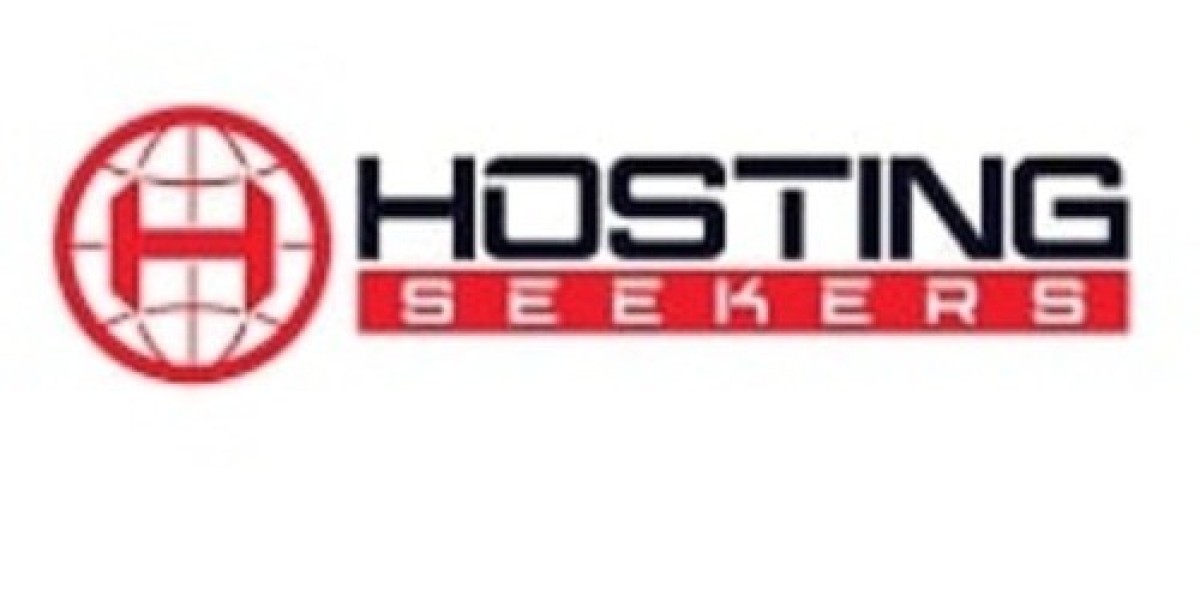The term "HR" stands for "Human Resources," a critical function in any organization that deals with the management of its people. Understanding the HR full form is essential to grasp its significance in workforce management. HR encompasses various aspects of workforce management, including recruitment, employee relations, payroll, benefits, training, and compliance with labor laws. At its core, HR is about optimizing the employee experience while aligning their roles with the organization’s goals.
HR Full Form and Its Meaning
Human Resources refers to the department or team responsible for managing the people who make up an organization’s workforce. Often referred to as the backbone of an organization, HR ensures that the company operates efficiently by maintaining a motivated and skilled workforce.
The concept of HR has evolved over the years from being solely administrative to a strategic partner in business growth. Modern HR focuses on fostering a positive work culture, promoting employee well-being, and driving organizational success.
Importance of Human Resources
Supporting Employee Growth
HR plays a vital role in nurturing employees by offering training and development programs. By investing in employee growth, organizations can enhance productivity and retain top talent.
Building a Positive Work Environment
A healthy work environment fosters creativity and collaboration. HR ensures policies and practices are in place to create an inclusive and respectful workplace.
Ensuring Compliance
Organizations must adhere to labor laws and regulations to avoid legal repercussions. HR ensures that all employment practices comply with local and national laws.
Core Functions of Human Resources
Recruitment and Onboarding
Finding the right talent is one of HR’s most important responsibilities. This involves job postings, interviewing candidates, and ensuring a smooth onboarding process to help new employees integrate into the company.
Training and Development
HR identifies skill gaps within the workforce and arranges training sessions to address them. Development programs ensure employees are equipped to handle evolving job requirements.
Performance Management
Performance reviews and feedback are essential to track employee progress. HR develops systems to assess and reward employee performance fairly and transparently.
Employee Relations
Managing relationships between employees and the organization is a key function. HR addresses workplace conflicts, ensures open communication, and maintains a balance between employer and employee interests.
Compensation and Benefits
HR is responsible for designing competitive salary structures, bonuses, and benefits packages. This ensures employees feel valued and motivated to perform their best.
Compliance Management
Staying updated on labor laws, workplace safety regulations, and industry standards is essential. HR ensures that the organization meets these requirements to avoid legal issues.
Types of HR Roles
Generalist vs. Specialist
HR professionals typically fall into two categories:
HR Generalists: Handle a wide range of HR functions, from recruitment to employee relations.
HR Specialists: Focus on specific areas such as payroll, recruitment, or training.
Strategic HR Partner
In larger organizations, HR may also serve as a strategic partner, contributing to high-level business decisions and long-term planning.
Also Read - How to Become an HR Manager
HR Outsourcing
Some companies choose to outsource HR functions to external agencies, especially for tasks like payroll processing or recruitment. This allows internal teams to focus on strategic goals.
Challenges Faced by HR Professionals
Adapting to Technological Changes
With the rise of HR technology, professionals need to stay updated on tools like HR management software (HRMS) and applicant tracking systems (ATS).
Managing Diversity and Inclusion
Creating a workplace that values diversity and promotes inclusion requires continuous effort and a proactive approach.
Retaining Talent
In today’s competitive market, retaining skilled employees is a major challenge. HR must develop effective retention strategies to keep employees engaged.
The Future of Human Resources
As organizations evolve, so does the role of HR. Here are some trends shaping the future of HR:
Emphasis on Employee Well-being
Mental health and work-life balance are becoming priorities for HR teams. Offering flexible work options and wellness programs is now essential.
Data-Driven Decisions
HR analytics is revolutionizing how decisions are made. By analyzing employee data, HR can identify trends and make informed strategies.
Automation and AI
Automation tools and AI are streamlining routine HR tasks, allowing professionals to focus on strategic initiatives.
Conclusion
Human Resources is more than just a department; it is the heart of an organization. From recruiting the right talent to fostering a positive workplace culture, HR ensures that businesses can thrive by empowering their workforce. Understanding the HR full form and its basics not only highlights its importance but also showcases its potential to drive success.
As the workplace continues to evolve, HR will remain a vital component of organizational growth and employee satisfaction. Whether you’re a business owner, a budding HR professional, or simply curious, understanding the full form and functions of HR is an essential step toward appreciating its role in the modern workplace.
FAQs
What does HR stand for?
HR stands for Human Resources, which refers to the department responsible for managing an organization's workforce.Why is HR important in an organization?
HR is vital for recruiting, managing employee relations, ensuring compliance, and fostering a positive workplace environment.What are the main functions of HR?
Core functions include recruitment, training and development, performance management, employee relations, compensation, and compliance management.What challenges do HR professionals face?
Common challenges include adapting to technological changes, promoting diversity and inclusion, and retaining talent in competitive markets.How is HR evolving in the modern workplace?
HR is increasingly focusing on employee well-being, leveraging data-driven decisions, and adopting automation to streamline processes.








